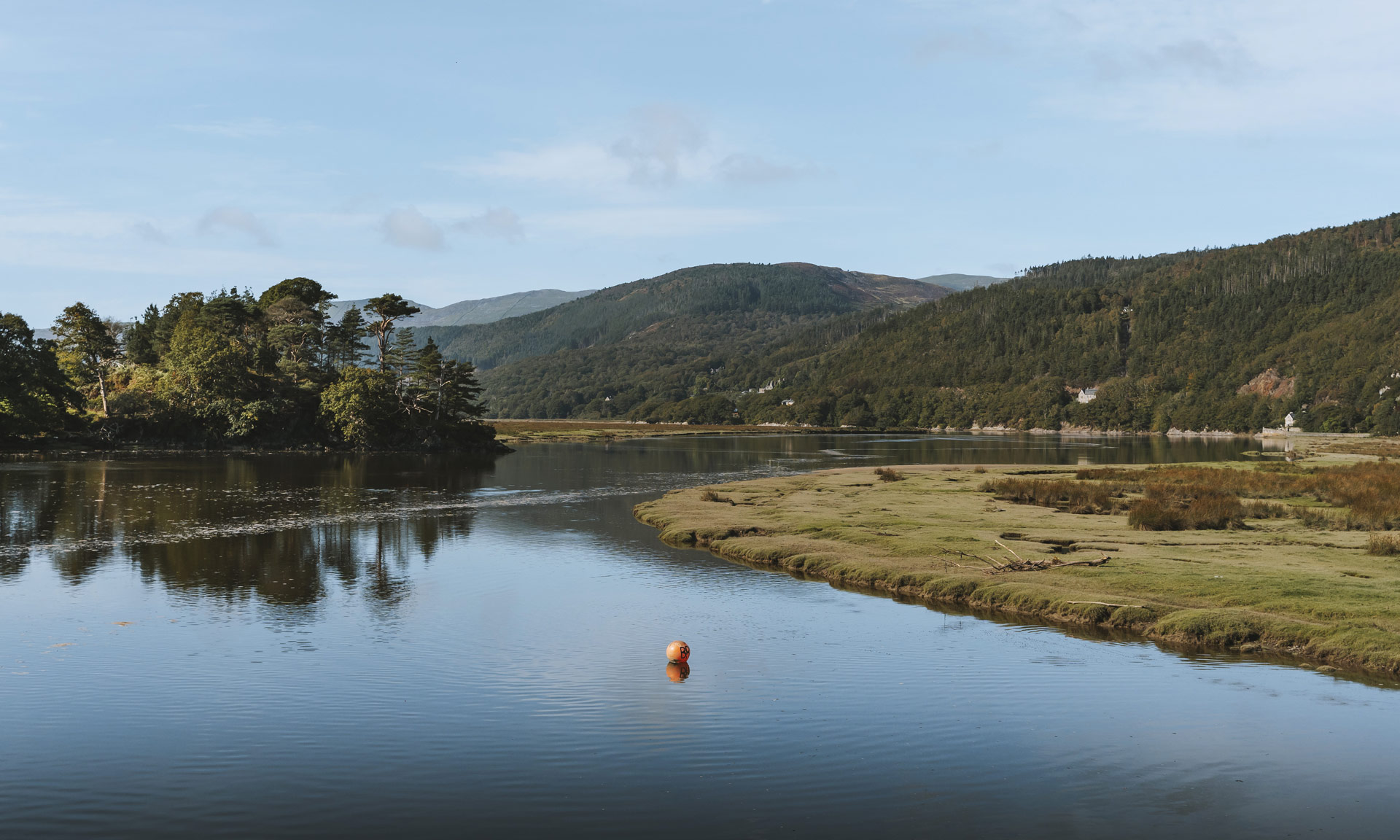Geologist and biologist
Charles Robert Darwin was born into a well-known family in Shrewsbury in 1809. His grandfather on his father’s side, Erasmus Darwin, was one of the eighteenth century’s foremost intellectuals. His maternal grandfather was Josiah Wedgwood, founder of the world-renowned ceramics company ‘Wedgwood’.
Although Darwin is mainly remembered as a biologist, he was best known as a geologist until 1850.
In the summer of 1831, Charles Darwin accompanied Adam Sedgwick, his Professor of Geology at Cambridge, on an annual geological expedition to the Carneddau mountains. During this trip, he developed skills in a variety of geological fields.
On August 29th, Darwin returned to Shrewsbury and was invited by John Stevens Henslow and George Peacock to join HMS Beagle’s voyage on a survey trip to the Galapagos Islands in the Pacific. Darwin’s geological work with Sedgwick in North Wales was crucial to his geological research aboard the Beagle, for example, on Quail Island. This visit to the Galapagos formed the basis of Charles Darwin’s research and theory of evolution.
Darwin died in 1882 and is buried in Westminster Abbey.


